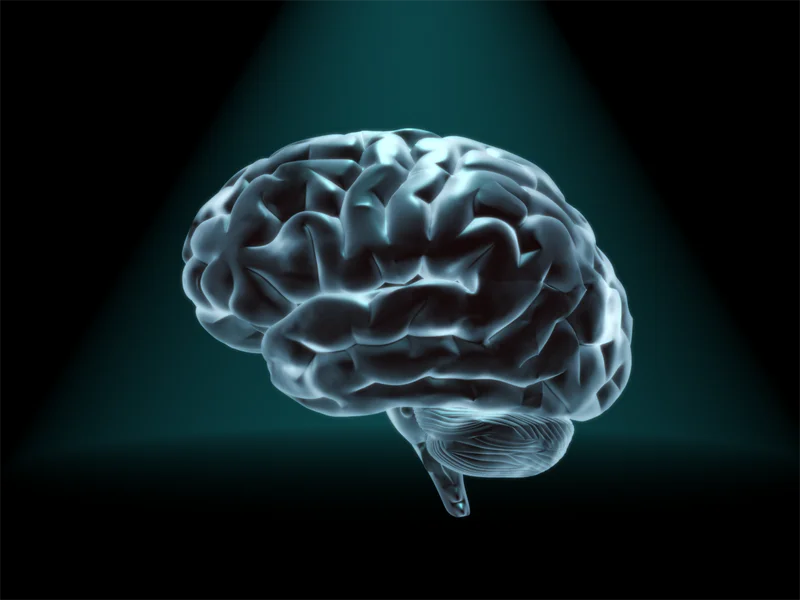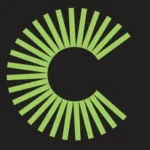Brain injury was known as a silent epidemic in the 1990’s but not so anymore. Whether it be a concussion-related to a sports injury or a motor vehicle accident; a fall or a blast injury in our military service members, we are aware of brain injury much more these days.
Approximately 50% of the brain’s neural circuitry is dedicated to vision and 75% of patients sustaining a TBI will experience visual symptoms. While a headache will be the most common symptom, blurred vision, double vision and light sensitivity will be close behind.
Common Terms
The three terms used to describe brain injury are a concussion, mild traumatic brain injury (mTBI) and, most recently, chronic traumatic encephalopathy (CTE). This terminology can be confusing, as concussion and mTBI are used interchangeably by medical professionals. However, it has been suggested that concussion and mTBI should be separate entities with concussion referring to a neurological syndrome involving head trauma and subsequent symptoms, while mTBI is an identifiable injury to brain tissue. However, telling the difference between the two is difficult given our most common screening and neuroimaging techniques are not sensitive enough to detect the microscopic changes that occur in brain injury. CTE has driven much discussion recently due to its notoriety in sports-related concussion. CTE is a progressive, pathological deterioration of the brain caused by repetitive head trauma.
Visual Problems
Blurred and double vision typically result from poor eye tracking and focusing of the eyes. This has been termed “oculomotor dysfunction” and affects approximately 30% to 50% of patients that have had a concussion. Visual testing in brain injury patients will include evaluating eye muscle movement, the ability of the eye to focus from distance to near and how the eyes work together as a team.
Light sensitivity is one of the more unique symptoms of brain injury. Theories of why it occurs are still being developed. One of the most common theories involves special retinal cells termed “retinal ganglion cells” that may detect light and feed directly to a pain center in the brain. In brain injury, this pathway is altered allowing too much signal to reach the pain center.
Dizziness or imbalance commonly occur after brain injury. This is due to disruption of the vestibular system which is what is responsible for your balance and how your eye tracks moving objects. Research suggests vestibular and vision therapy that involves gaze stabilization improves recovery time.
As community awareness of brain injury increases, we can sooner diagnose and manage the visual problems it creates and improve the lives of our patients.












